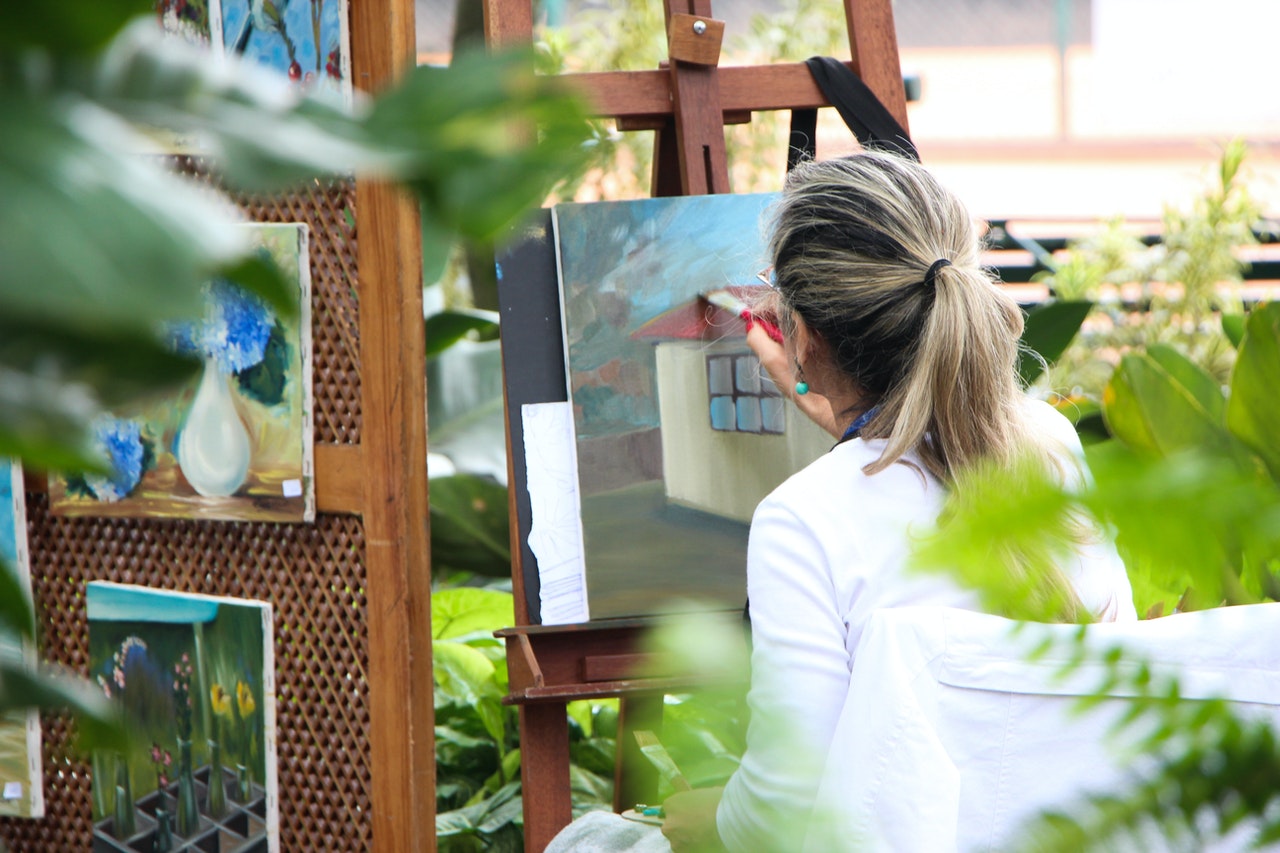Art Therapy for Addiction

Art therapy is often used in treating children who have been through some sort of trauma. But we are now understanding that art therapy is equally effective in treating adults with addictions.
What Is Art Therapy?
Art therapy was developed in the 1940s and has been used ever since for treating a variety of mental health conditions. Creating art helps people of all ages bring unconscious feelings to the surface and work through interpersonal conflicts.
You do NOT have to be “good” at art to find art therapy useful. Art therapy doesn’t focus on the artistic outcome, rather on an awareness of personal change through the process of creative expression.
How Is Art Therapy Used in Addiction Treatment?
Art therapy is generally used as an adjunct or complementary therapy alongside individual cognitive behavioral therapy (CBD) or group therapy. Whether it’s painting, sketching, collaging or any other art form, the goals are the same:
- Uncover a deep sense of self
- Understand and get comfortable with your emotions
- Raise self-confidence
- Learn self-expression and self-acceptance
- Develop emotional regulation and impulse control
The powerful thing about art therapy is, when you look at those bullet points, each may seem like a hard or, to some, impossible goal to attain. But you are so engaged with the process of creation, you don’t even notice the bullet points are happening all on their own.
Are you Interested in Exploring Art Therapy?
If you are in addiction recovery, you may find it difficult to verbally and emotionally express yourself. And that can be incredibly challenging because addiction treatment usually causes complex emotions to arise within us.
And this is why so many people quit therapy and end up abusing drugs or alcohol not long after – because they can’t quite handle processing these emotions.
But art therapy can be a fun and powerful outlet for you to experience your emotions and manage your feelings in a safe and healthy way.
If you are currently receiving treatment for addiction and would like to explore art therapy, please reach out to me. I’ve seen it help countless people on their road to recovery, and I believe it can help you, too.
SOURCES:

Leave a Reply